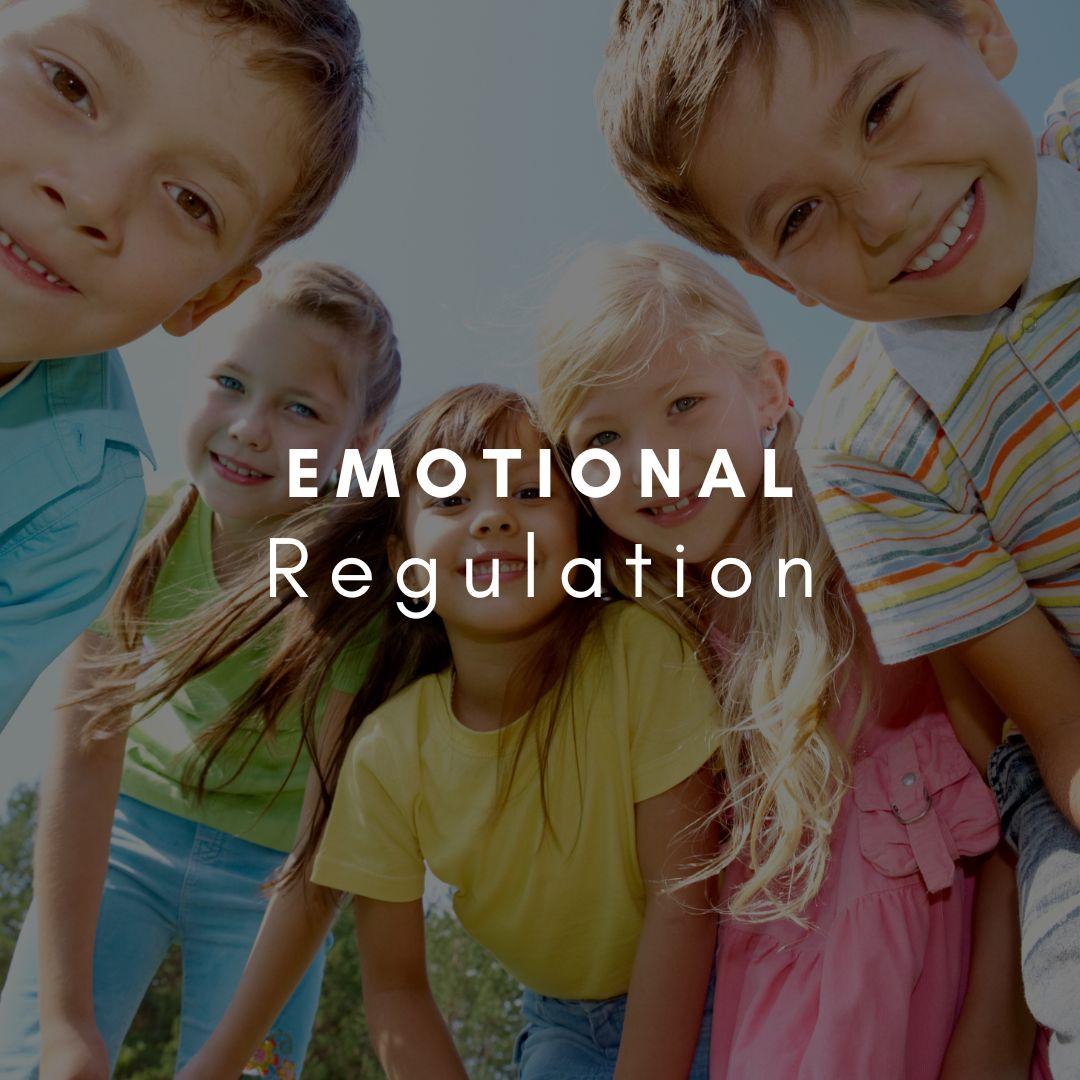Effective ABA-Based Strategies for Managing Tantrums in Children with Autism
Children with autism may struggle to express their needs or frustrations verbally, leading to tantrums as a form of communication. ABA can help identify the triggers and underlying functions of tantrums, allowing for targeted interventions that replace these behaviors with more appropriate forms of communication.



